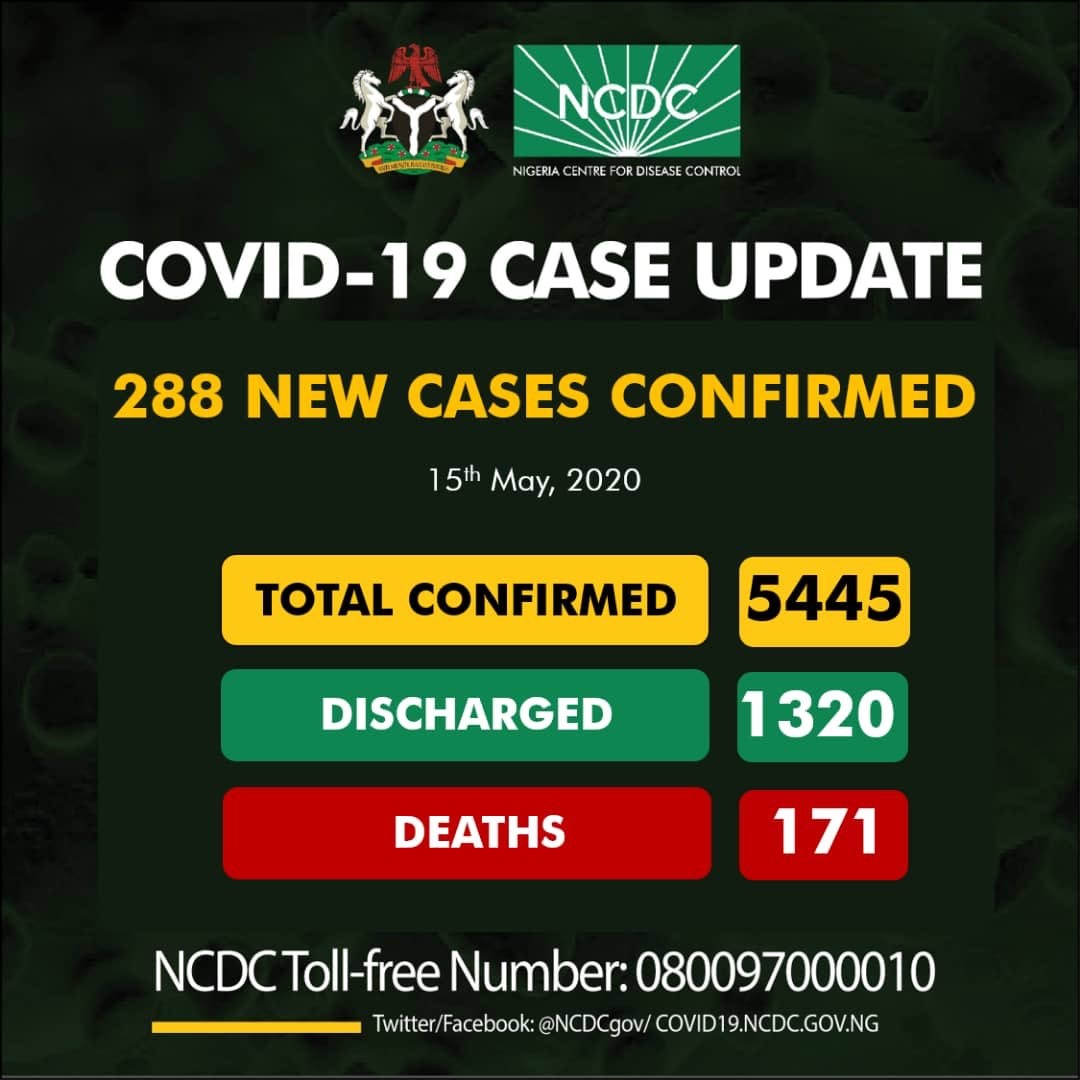Nigeria to spend N120bn on importation of foreign technologies by 2020 – NITDA DG

…As 80% of ICT software, hardware imported annually
Ladesope Ladelokun
Not less than 80 per cent of Information and Communications Technology (ICT) software and hardware are imported to Nigeria on a daily basis, and it has been estimated that Nigeria will spend about N120 billion by the year 2020 on the importation of foreign technologies.
The Director-General of National Information Technology Development Agency (NITDA), Dr. Isa Pantami, disclosed this at the fifth Telecom Executives and Regulators’ Forum (TERF) held recently at the Oriental Hotel, Lagos.
Pantami said NITDA was committed to ensuring a larger percentage of ICT procurement was awarded to Nigerian indigenous firms, noting that the target was for the country to be self-sufficient in producing software and hardware devices of high quality.
He, however, described the role of NITDA strategic as contained in section 6 of the NITDA Act of 2007, adding that technology was fast-changing, and Nigeria as a country should continually adapt and ensure that innovation and development is unrestricted.
According to him, NITDA, within its capacity and statutory the mandate will continue to advocate preferential status for local vendors offering Over The Top (OTT) services in the ICT industry.
Pantami, represented by Head, Southwest Zonal Office of NITDA, Mrs. Chioma Okee-Aguguo, said: “NITDA’s regulatory guidelines on Nigerian content on ICT set the tone for OTT services, data and information management and human capacity development as highlighted in sections 11, 12,13, 14 and 15 Presidential Executive Orders 003,005 further strengthened these guidelines.
“NITDA seeks to ensure that a larger percentage of ICT procurement is actually awarded to Nigerian indigenous firms. The target is for the country to be sufficiently producing software and hardware devices.”
Commenting, the Executive Vice Chairman of the Nigerian Communications Commission(NCC), Prof. Umar Danbatta, decried the influx of counterfeit and illegal ICT devices in both developed and developing countries.
Danbatta said unchecked import and use of unregistered cloned, substandard, counterfeit, stolen and non-compliant devices pose a considerable threat to Quality of Service (QoS) and Experience (QoE) and security in Nigeria.
“According to Deloitte in its 2018 Nigeria cyber security outlook, cybercrime is estimated to cost the Nigerian economy about $500 million per annum. Consistent with the Commission’s regulatory mandate, several consultative fora were organised to enlighten stakeholders on the growing menace posed by the influx of cloned and fake ICT devices into the country”, he added.








